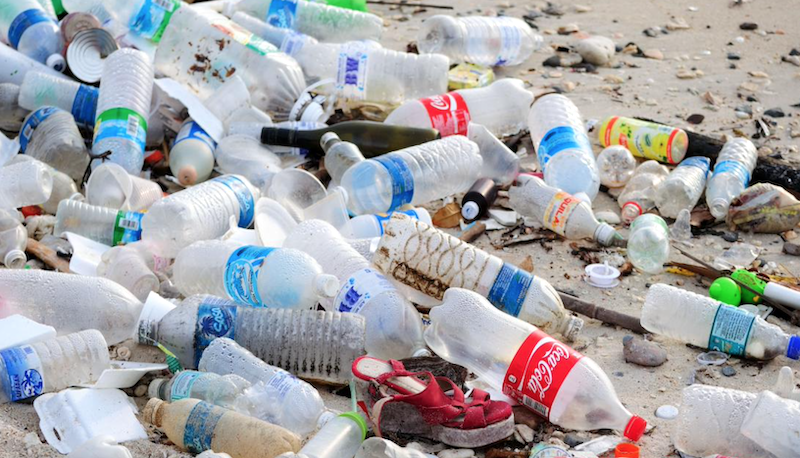The UN Environment Programme (UNEP) says about 400 million tonnes of plastic are produced worldwide every year.
UNEP, in a report to mark the 2025 World Environment Day on June 5, said half of this plastic was designed to be used only once, and only 10 per cent was recycled.
It said between 19 and 23 million tonnes of plastic waste leak into aquatic ecosystems annually, and without urgent action, this figure is expected to rise by 50 per cent by 2040.
The UN environment agency stressed that plastic pollution was contaminating every corner of the planet, threatening ecosystems, wildlife and human health.
Microplastics are found in food, water and air, with the average person estimated to ingest over 50,000 plastic particles each year and far more when inhalation is included.
UNEP warned that if the climate crisis goes unaddressed, with plastic pollution as a major driver, air pollution levels exceeding safe thresholds could rise by 50 per cent within a decade.
According to the UN agency, plastic pollution in marine and freshwater environments may triple by 2040.
To rally momentum, UNEP is leading the 52nd annual World Environment Day on 5 June, the world’s largest platform for environmental outreach.
This year’s commemoration is hosted by Jeju, Republic of Korea, under the theme #BeatPlasticPollution.
Since launching in 2018, the UNEP-led campaign has advocated for a just and inclusive transition away from plastic dependency.
World Environment Day brings together governments, businesses, communities and individuals in a shared mission to protect and restore the planet.
The day also advances progress towards the Sustainable Development Goals (SDGs), especially those linked to climate action and sustainable consumption.
A major focus of the day is the ongoing push for a global treaty to end plastic pollution. Countries are currently negotiating an international, legally binding agreement, with the next round of talks scheduled for August.
UN Secretary-General António Guterres called for an “ambitious, credible and just agreement” that addresses the full lifecycle of plastics, reflects community needs, aligns with the SDGs and is implemented quickly and fully.
UNEP Executive Director, Inger Andersen, echoed the call, urging nations to unite around innovative solutions and alternatives to plastic use.
World Environment Day serves as a catalyst for action, driving attention toward the UN Environment Assembly later this year.
Hopes are high that nations will finalise concrete steps to curb plastic pollution and address the broader climate emergency at the forthcoming assembly.

